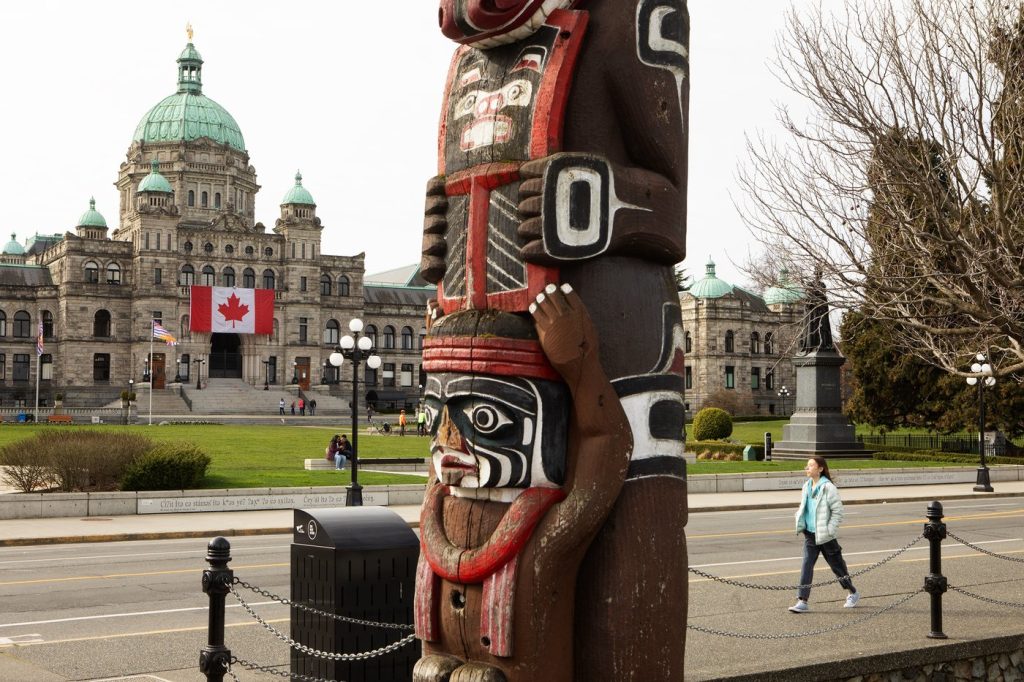British Columbia's politicians have reconvened in the legislature following a two-week recess during which the provincial government faced a notable retreat concerning its proposed response to U.S. tariffs. This significant political moment signifies the government’s adaptation to pressures from both domestic stakeholders and international economic relations.
The return of the legislators comes with a pressing agenda. One of the key items is the intention to abolish the province's consumer carbon tax. This move is seen as a strategic response to the impending threats of additional tariffs from the United States, which are anticipated to come into effect mid-week. Premier David Eby’s New Democratic Party has announced its plan to introduce legislation that would eliminate the consumer carbon tax by April 1, while still holding major industrial emitters accountable through the existing carbon-pricing framework. This decision reflects a balancing act between environmental policies and economic pressures from trade relations.
During the first day back, an afternoon news conference is scheduled involving Premier David Eby, Energy Minister Adrian Dix, and Finance Minister Brenda Bailey. The discussion will likely revolve around the proposed changes to carbon taxation and the broader implications of tariff policies on the province's economy.
The return to the legislature also marks the first question period since Premier Eby retracted a contentious segment of a tariff response bill that would have granted his cabinet extensive powers to manage issues stemming from actions by foreign governments without the need for legislative debate. In light of concerns regarding potential overreach from stakeholders, Eby acknowledged the necessity for more robust safeguards within the bill, though he maintained that the legislation itself remains essential. In contrast, the Opposition B.C. Conservatives have called for a total repeal of the bill.
On the international front, tensions continue to rise, especially with U.S. President Donald Trump poised to implement new "reciprocal" tariffs against Canada starting April 2. The Canadian government, led by Prime Minister Mark Carney, has signaled a readiness to retaliate with its own tariffs if the U.S. proceeds with its course of action. This ongoing trade dispute underscores the significant impact of U.S.-Canada relations on provincial legislation and economic strategies in British Columbia.
This tense atmosphere surrounding trade is set against the backdrop of domestic economic policies, as Eby and his administration navigate the complexities involved in responding to both international and local pressures. The debates and decisions made in the legislature over the coming days will be pivotal in shaping British Columbia’s economic landscape and its interaction with federal policies.










